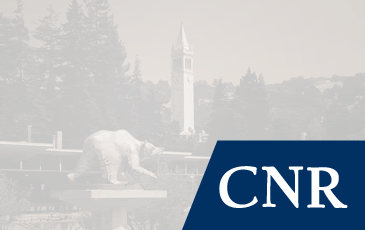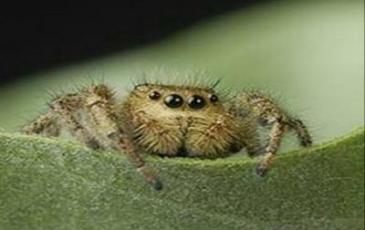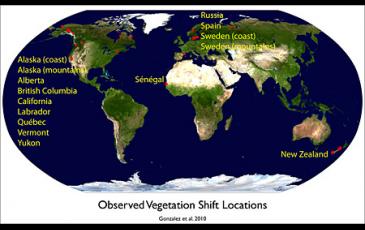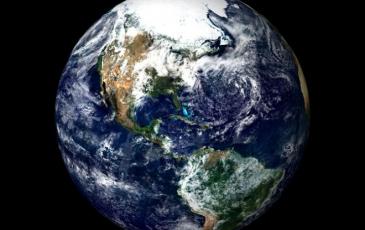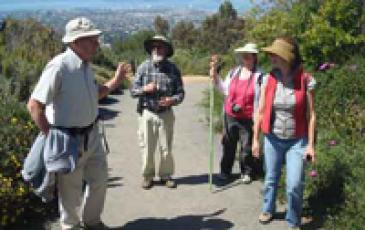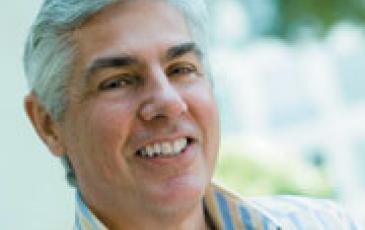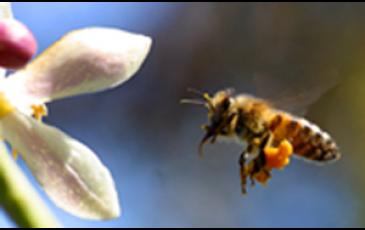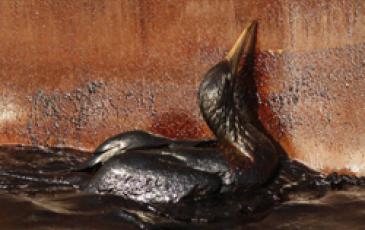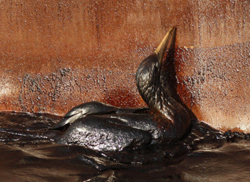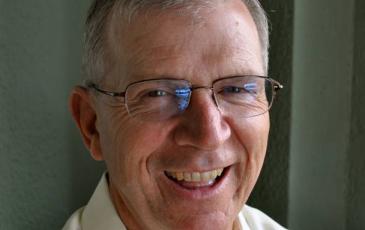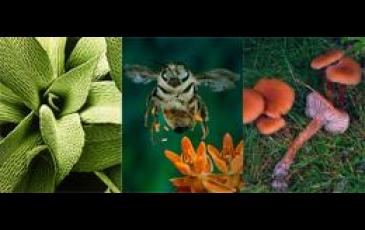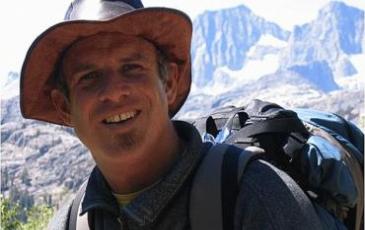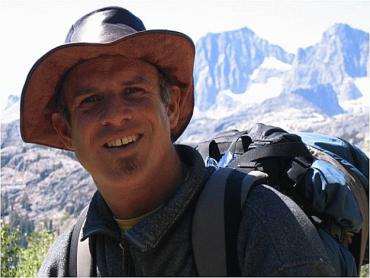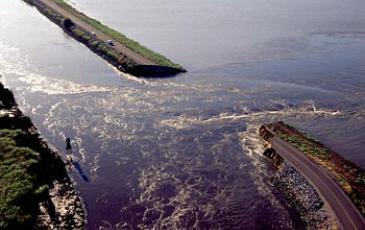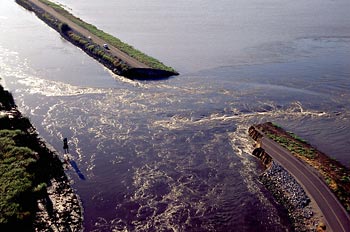Trees shift upward as climate warms
The world's warming climate is forcing trees and the plant life around them into new territories where the environment is more like the areas where they normally thrive, scientists report from a new global survey.
Viewpoints: We can harness green energy by managing California forests
Forest management can lead to cleaner air, safer communities and lower firefighting costs, yet its greatest value may lie in addressing climate change and what it keeps hidden underground.
U.S. Climate Satellite Capabilities in Jeopardy
The United States is in danger of losing its ability to monitor key climate variables from satellites, according to a new Government Accountability Office report.
Berkeley Butterfly Walk
by Steven Finacom
About a dozen people joined eminent UC entomologist Jerry Powell on Saturday, May 29, 2010 for a leisurely butterfly-watching walk along trails at the top of Berkeley’s Panoramic Hill.
John Casazza Returns from a Volunteer Assignment in the Republic of Georgia
John Casazza, an agribusiness management consultant from San Francisco, CA as well as the Alumni Association Board President at the College of Natural Resources, recently returned from a volunteer assignment in the Republic of Georgia where he adv
Agriculture Briefs: Presentation on pollinators
Three UC specialists will speak June 5 on the status of Sonoma County's bees and other pollinators.
CNR Awards
In early May the College of Natural Resources held its annual Awards Ceremony and presented the CNR Citation, the CNR Staff Award, the Career Achievement Award and finally the CNR Young Faculty/CE Specialist Award to four outstanding individuals w
Professor Awarded Prestigious BREAD Grant
UC Berkeley launches Master's in Sustainability
CNR Students Win Prestigious Scholarships
Congratulations to Emma Tome, a junior double majoring in Environmental Sciences and Geography, who was named as a recipient of the Udall Scholarship for 2010, and to Larry M.


